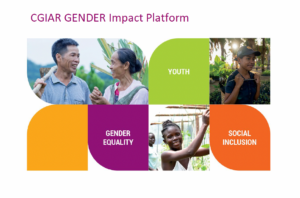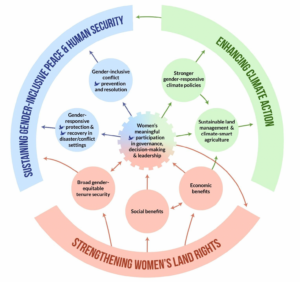By Mary Galvin
Abstract
This Perspective draws together and reflects on primary research conducted by the author over the past decade regarding the barriers to ‘real’ participation of community members and the obstacles to their holding officials and politicians accountable for the delivery of rural water and sanitation services in South Africa. It argues that change in rural areas, that would most affect rural women’s realities, is not simply a technical matter as often portrayed. While municipal capacity and finance are indeed a concern to rural municipalities, there is an underlying urban bias in delivery programmes which tends to close opportunities for participation of community members.The first part reviews very broadly the nature of different roleplayers involved in this dynamic, including water committees and community-based organisations (CBO), social movements, non-governmental organisations (NGO), and municipal and national government structures. It discusses their interests, particularly in terms of both the gender composition and the identity and dynamics within and between organisations. It highlights how class and education mean that typical societal assumptions of homogeneity in women’s interests do not apply. The second part draws on the research findings of The Water Dialogues, a multi-stakeholder research and dialogue process that conducted research in eight municipalities in South Africa (www.waterdialogues.org).1 Its findings serve as a basis for discussing present barriers to participation by rural communities, particularly women, and suggests how participation could be structured at the local level and at other levels to hold government accountable. Finally it concludes by considering potential agents for change.
Mary Galvin (2011) Participating in urban myths about women’s rural water struggles, Agenda: Empowering women for gender equity, 25:2, 87-100




